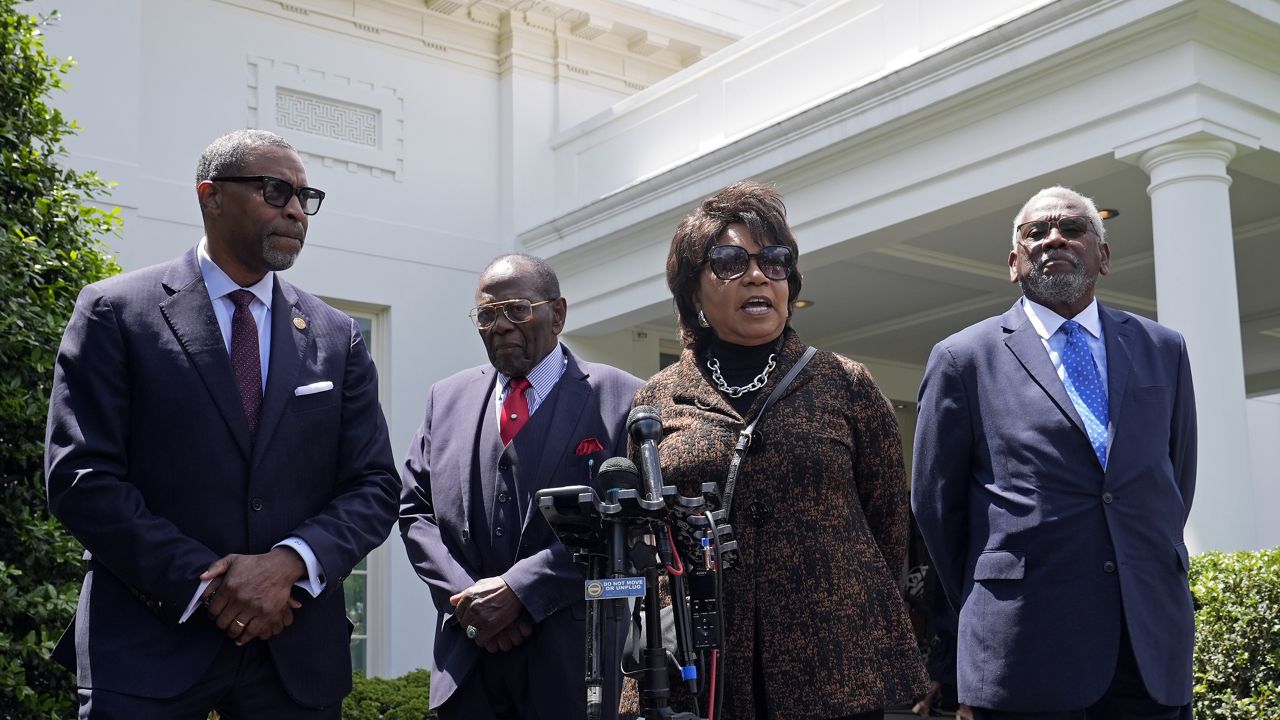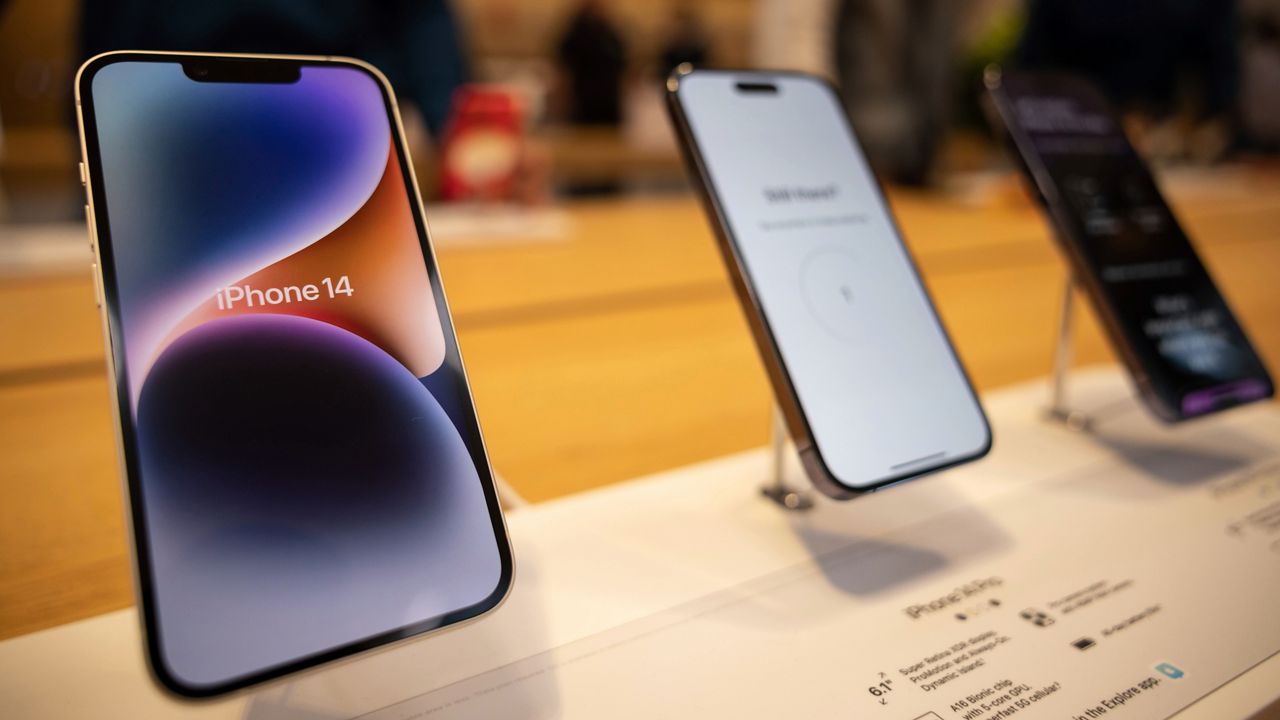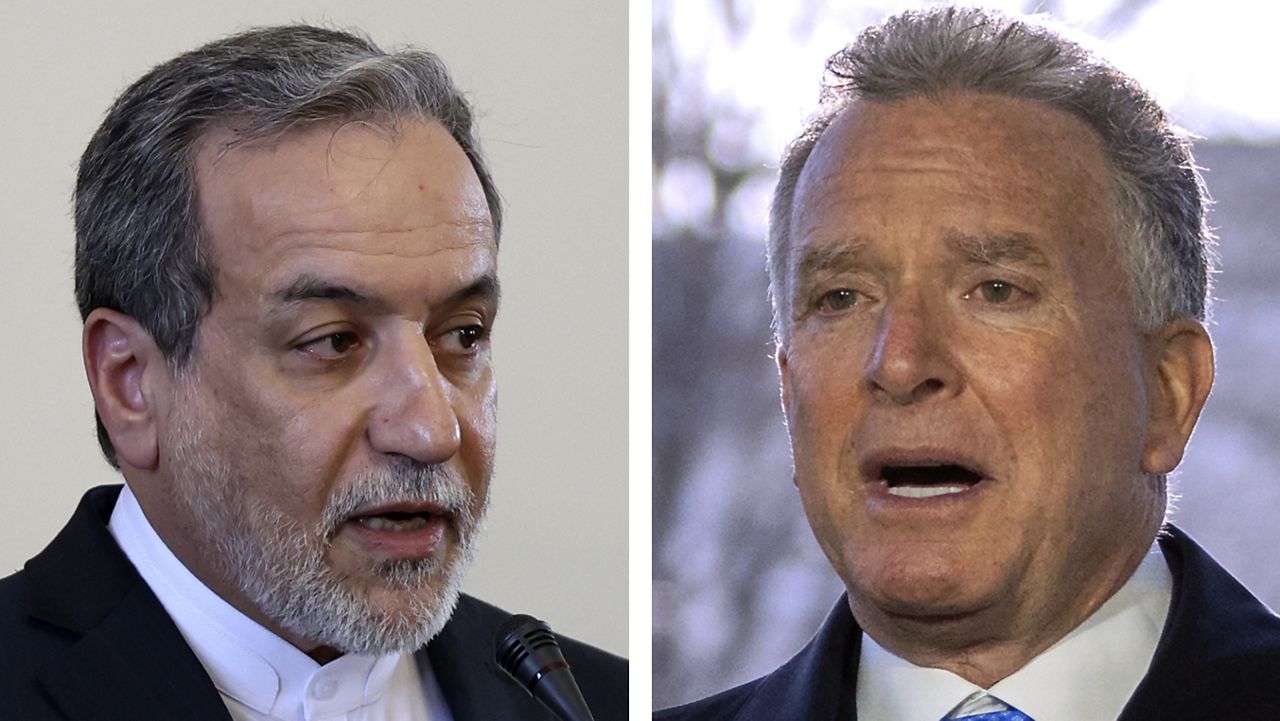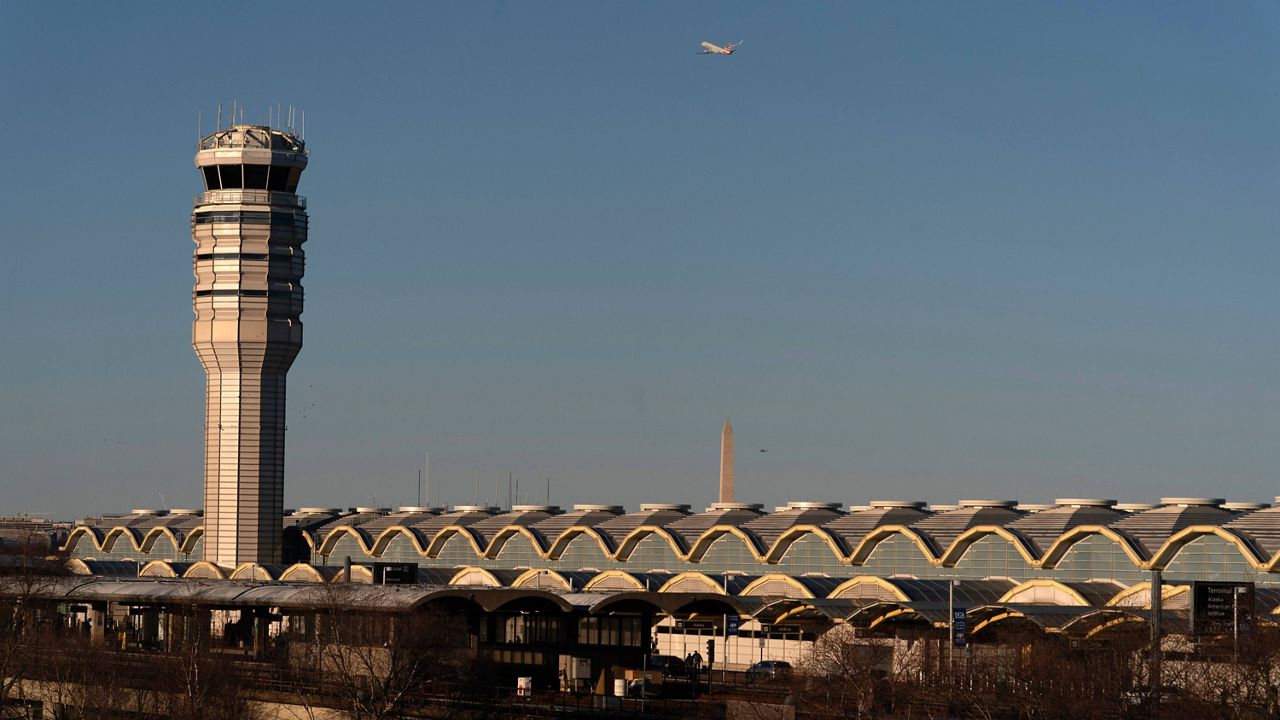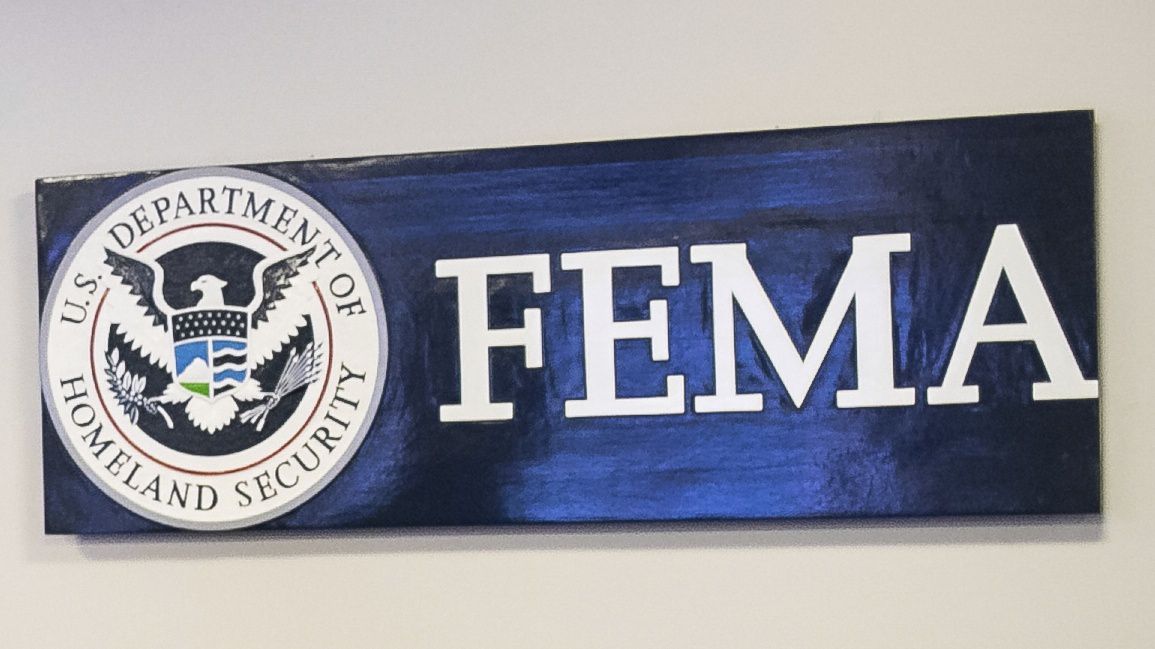President Joe Biden on Thursday hosted plaintiffs from the Brown v. Board of Education landmark case and their family members in the Oval Office as part of a week full of outreach to Black communities.
The meeting — which White House Director of Public Engagement Steve Benjamin said included family members of each of the litigants from the five cases consolidated into Brown v. Board — was held to observe the 70th anniversary of the 1954 Supreme Court ruling, which banned racial segregation in public schools.
Emerging from the Oval Office huddle, NAACP President Derrick Johnson told reporters that the purpose of the meeting was to honor the sacrifices of the families and acknowledge the courage they showed in bringing the case.
“They had to live in a hostile environment and so this moment was to say thank you to those families for making America live up to its promise and holding the constitution true to its commitment,” Johnson said.
But Cheryl Brown Henderson, the daughter of the lead plaintiff in the Brown case, Oliver Brown, told reporters they did come with one specific ask: a national holiday to honor the Brown v. Board of Education decision. Henderson noted such a move would “enable the country to learn more about it and to commemorate it every year.”
“That was sort of the big ask today, other than supporting HBCUs and doing everything he is currently doing,” she added. “We’re pleased that this administration is so diverse and looks like this country, we’ve waited a long time for that.”
Later during Thursday’s White House press briefing, Benjamin announced the administration has designated more than $16 billion in federal funds to go toward Historically Black Colleges and Universities over Biden’s time in office.
While Johnson expressed similar gratitude as Henderson to Biden’s administration, he said America has “yet to fully comply” with the decision in the 1954 case, noting “multiple states across the country are refusing to teach adequate history.” As an example, he pointed out the NAACP recently joined a lawsuit against the state of Arkansas regarding a measure seeking to bar schools from teaching diversity, equity and inclusion and critical race theory.
“So we stand here today appreciating this administration for acknowledging the fight that we are in but recognizing that our future is dependent on a well-trained work force and that can only happen with public education,” Johnson said.
Thursday’s meeting was one event in a series of functions Biden is participating in this week to connect with Black voters.
On Tuesday, he sought to reach Black voters with two radio interviews with stations in Milwaukee and Atlanta. On Friday the president is set to deliver remarks the National Museum of African American History and Culture in Washington before meeting with leaders historically Black sororities and fraternities, called the Divine Nine.
Over the weekend, the president will travel to Georgia to the commencement address at Morehouse College, a historically Black men’s college. The announcement to have Biden deliver the address sparked pushback from students over the president’s handling of the Israel-Hamas war, a topic that has led to protests at universities across the country in recent weeks.
Benjamin made the trip to sit-down with student for a meeting he said included discussion of a range of topics.
“We sat there, we talked about everything,” Benjamin told reporters of his meeting. “Certainly, many of them wanted to talk about the Middle East and war, we talked about reconnecting communities
It comes as polls show support for Biden among Black voters may be slipping. A poll from The New York Times, Siena College and The Philadelphia Inquirer released this week showed former President Donald Trump, Biden’s likely 2024 Republican rival, bringing in more than 20% support when those surveyed were asked to choose between Biden and Trump.
A survey from the Wall Street Journal released earlier this year found 30% of Black men and 11% of Black women said they will likely support Trump in 2024. That marked an increase, the Wall Street Journal noted in its poll findings, from the 12% and the 6% respectively who supported the former president in 2020 according to AP VoteCast.
A poll by The Associated Press-NORC Center for Public Affairs Research, found just over half of Black Americans said they approve of Biden’s handling of his job in March while 45% said they disapprove.
Asking about the sagging numbers, Johnson said he doesn’t “accept the premise that there is an erosion of Black support.”
“I believe that all polls have proven themselves to be untrue for the last four election cycles,” he said. “What I do believe is we are in a crisis of our democracy, we must decide whether or not we are going to have a functioning democracy.”




